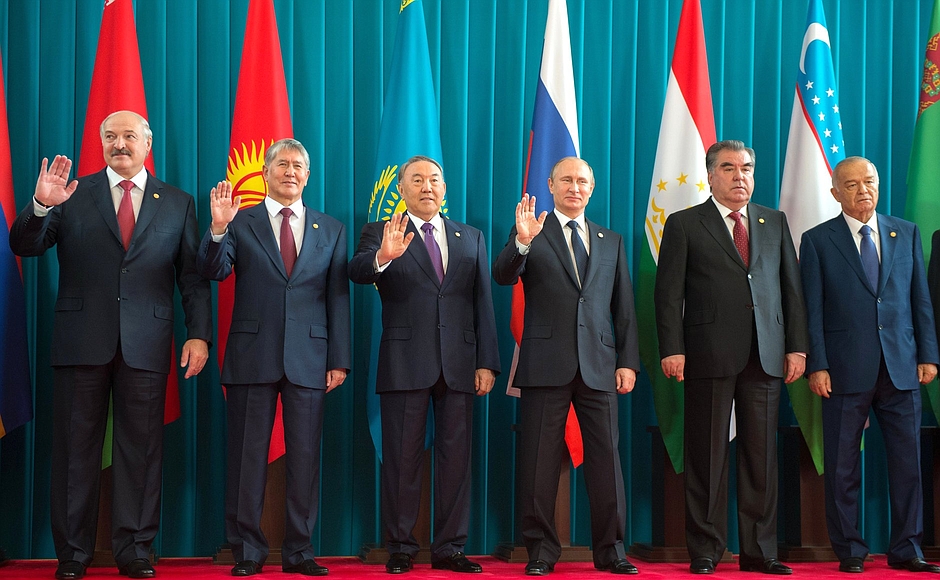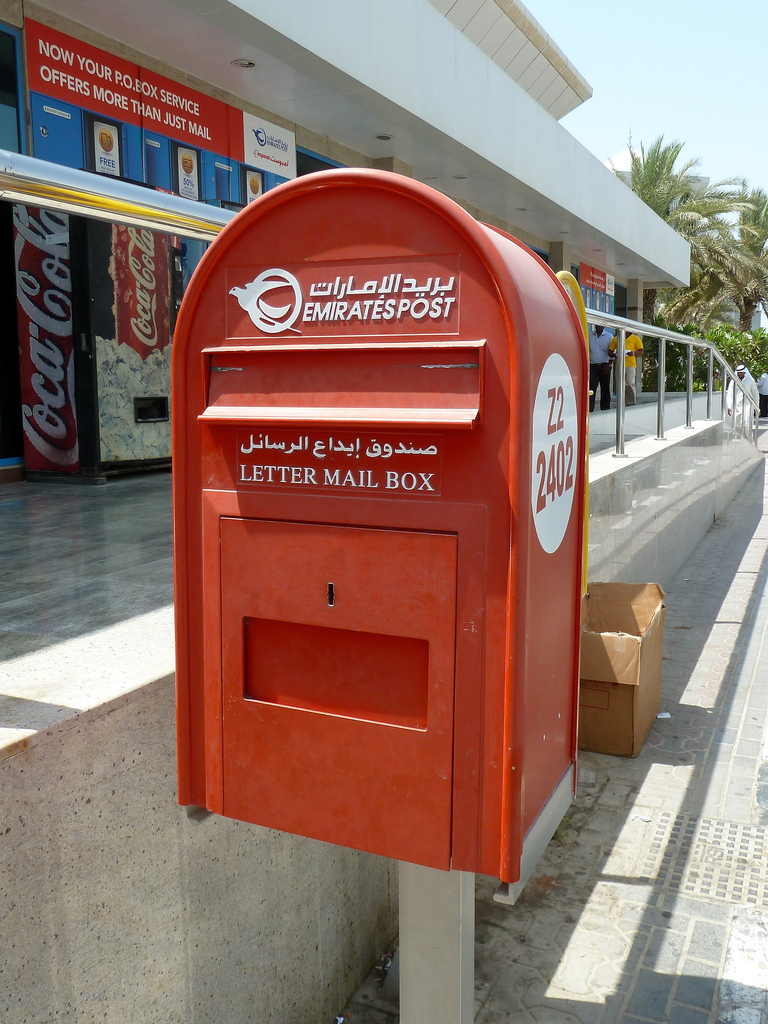Stamp: Emergency Strike International Mail Overprint on Churchill (Personalized and Private Mail Stamps 1971)
Emergency Strike International Mail Overprint on Churchill (Personalized and Private Mail Stamps 1971)
01 January (Personalized and Private Mail Stamps ) within release Scotland : 1971 Postal Strike goes into circulation Stamp Emergency Strike International Mail Overprint on Churchill face value 6 British penny (old)
| Stamp Emergency Strike International Mail Overprint on Churchill in catalogues | |
|---|---|
| Colnect codes: | Col: SC-PSS 1971-16 |
Stamp is square format.
Also in the issue Scotland : 1971 Postal Strike:
- Stamp - Recorded Delivery Local Post face value 6;
- Stamp - Clyde Post face value 5;
- Stamp - Bannockburn Delivery face value 5;
- Stamp - Bannockburn Delivery face value 2/6;
- Stamp - Caledonian Courier face value 25;
- Stamp - Bannockburn Delivery face value 2;
- Stamp - Parcel for Perth face value 1;
- Stamp - Bannockburn Parcel 7-28 lb face value 5;
- Stamp - Emergency Strike International Mail Overprint on Churchill face value 6;
- Stamp - Greenock Delivery face value 10;
- Stamp - Emergency Strike International Mail Surcharge on Stroma Eel face value 1;
- Stamp - Dunblane Delivery face value 4;
- Stamp - Bannockburn Delivery face value 7/6;
- Stamp - Dunblane Delivery face value 4;
- Souvenir Sheet - Official Licnsed Mail Service Surchage on Davaar Birds face value 5;
Stamp Emergency Strike International Mail Overprint on Churchill it reflects the thematic directions:
A building or edifice is a structure with a roof and walls standing more or less permanently in one place, such as a house or factory. Buildings come in a variety of sizes, shapes and functions, and have been adapted throughout history for a wide number of factors, from building materials available, to weather conditions, to land prices, ground conditions, specific uses and aesthetic reasons. Buildings serve several needs of society – primarily as shelter from weather, security, living space, privacy, to store belongings, and to comfortably live and work. A building as a shelter represents a physical division of the human habitat (a place of comfort and safety) and the outside (a place that at times may be harsh and harmful).
A head of state (or chief of state) is the public persona that officially represents the national unity and legitimacy of a sovereign state. In some countries, the head of state is a ceremonial figurehead with limited or no executive power, while in others, the head of state is also the head of government. In countries with parliamentary governments, the head of state is typically a ceremonial figurehead that does not actually guide day-to-day government activities and may not be empowered to exercise any kind of secular political authority (e.g., Queen Elizabeth II as Head of the Commonwealth). In countries where the head of state is also the head of government, the president serves as both a public figurehead and the actual highest ranking political leader who oversees the executive branch (e.g., the President of the United States).
The mail or post is a system for physically transporting documents and other small packages; or, the postcards, letters, and parcels themselves. A postal service can be private or public, though many governments place restrictions on private systems. Since the mid-19th century national postal systems have generally been established as government monopolies with a fee on the article prepaid. Proof of payment is often in the form of adhesive postage stamps, but postage meters are also used for bulk mailing. Modern private postal systems are typically distinguished from national postal agencies by the names "courier" or "delivery service". Postal authorities often have functions other than transporting letters. In some countries, a postal, telegraph and telephone (PTT) service oversees the postal system, in addition to telephone and telegraph systems. Some countries' postal systems allow for savings accounts and handle applications for passports.



